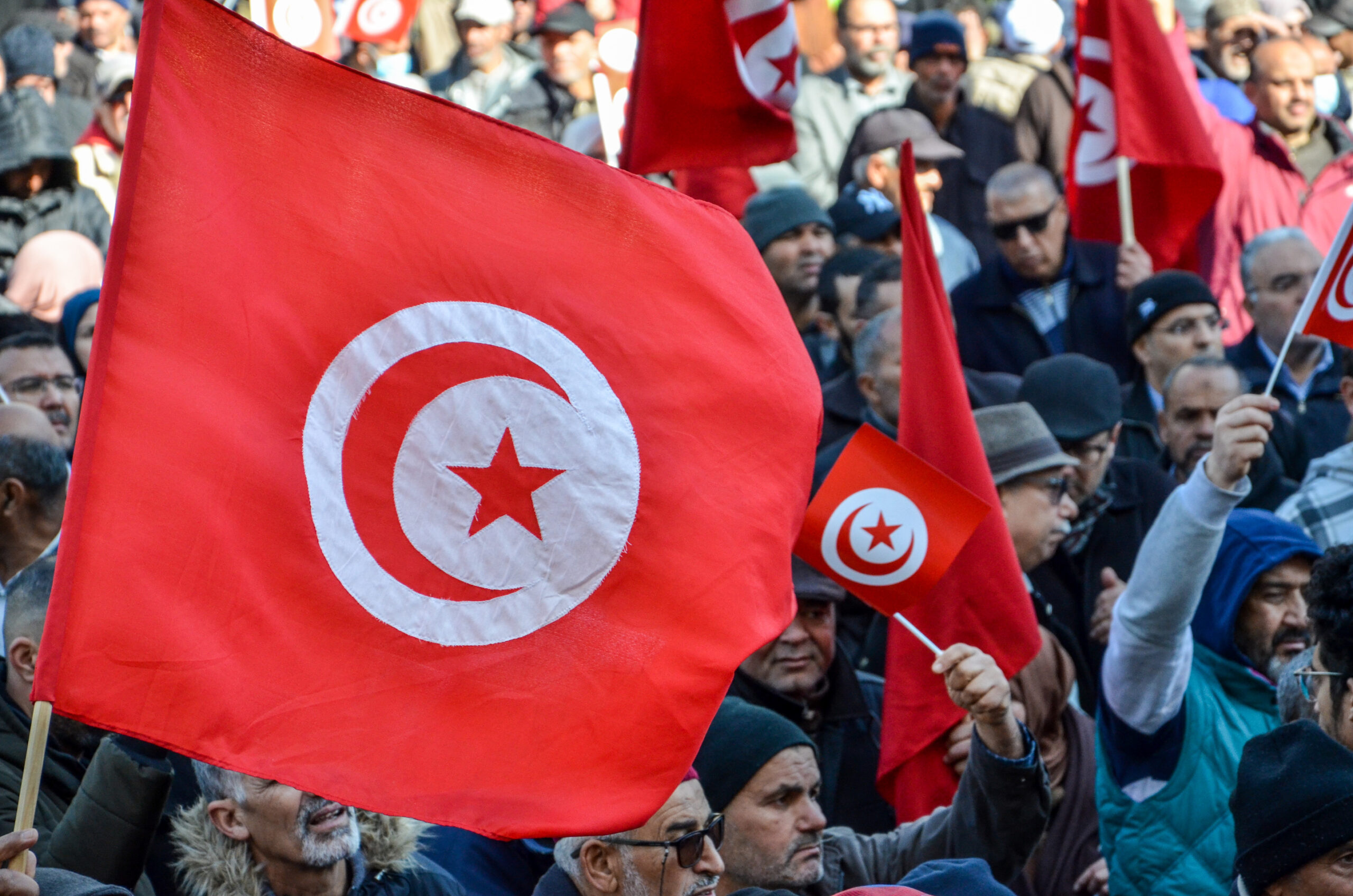Tunisian Opposition Figures Sentenced to Up to 66 Years in Prison Amid Crackdown on Dissent
In a move that has sparked widespread condemnation from international observers and human rights groups, a Tunisian court has sentenced several prominent opposition figures to lengthy prison terms—some as long as 66 years—as the government continues its crackdown on dissent.
According to judicial sources and local media, the harsh sentences were handed down to political opponents and critics of President Kais Saied’s administration, raising fresh concerns over the erosion of democratic norms in Tunisia, once hailed as the sole success story of the Arab Spring.
The convictions come amid a broader campaign that has targeted journalists, activists, and opposition leaders, many of whom have been accused of conspiracy against state security, spreading false information, or associating with banned organizations. Critics argue that these charges are politically motivated and aimed at silencing any form of dissent ahead of upcoming electoral milestones.
Among those sentenced are members of the National Salvation Front, a major opposition coalition, as well as former government officials and civil society leaders. Some received sentences ranging from 10 to 30 years, while others faced penalties of up to 66 years. Legal experts have described the proceedings as lacking transparency and due process, further fueling concerns of authoritarian backsliding.
International watchdogs, including Human Rights Watch and Amnesty International, have condemned the sentencing as excessive and unjust. In a joint statement, they urged the Tunisian government to respect civil liberties and uphold the principles of democratic governance.
“These sentences are not just an attack on individuals, but on the democratic aspirations of an entire nation,” said one human rights advocate. “Tunisia is at a dangerous crossroads where repression is being institutionalized.”
Since assuming sweeping powers in 2021 after dissolving parliament and ruling by decree, President Saied has faced increasing criticism for his authoritarian tendencies. While he claims his actions are necessary to combat corruption and restore national stability, many Tunisians and international observers argue that these justifications mask a deeper effort to consolidate power.
The Tunisian presidency has yet to issue an official statement in response to the growing backlash, but government-aligned media have defended the court rulings as lawful and necessary for national security.
The latest wave of repression is likely to have significant implications for Tunisia’s international relationships, particularly with Western nations and donor institutions that have historically supported the country’s democratic transition. Some European Union officials have already hinted at reevaluating their partnerships with Tunisia unless democratic reforms are reinstated.
As the situation unfolds, global attention remains fixed on Tunisia, where the promise of post-revolutionary democracy now appears increasingly distant. Whether the government will heed international calls for reform—or continue down the path of repression—remains to be seen.
Source : Swiftweradio.com


